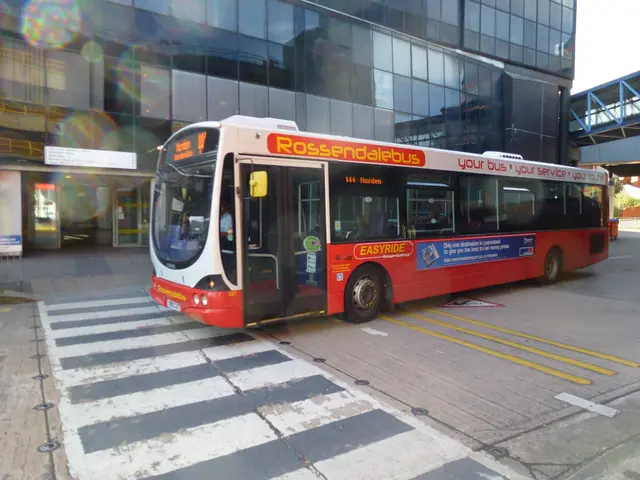Intense Conflicts Erupt Against You:
El Salvador's ambitious Bitcoin project, spearheaded by President Nayib Bukele, has faced a significant setback as the International Monetary Fund (IMF) has decided to impose restrictions on the country's Bitcoin policy.
The IMF, in an extensive document outlining the terms of a 40-month "arrangement" for a $1.4 billion loan, has made it clear that El Salvador must largely wind down its Bitcoin project. The government is now required to phase out its involvement with the Chivo wallet by the end of July and discontinue a service that allows it to exchange Bitcoin for dollars.
Despite these restrictions, the IMF agreement does not prevent El Salvador from purchasing Bitcoins. However, the country's authorities will not accumulate any more Bitcoins, neither by purchase nor by mining, during the program. This means the government's Bitcoin holdings will be limited.
The IMF's concerns stem from the potential effects of crypto-assets, such as Bitcoin, on macro-financial stability. The organisation believes that they can hinder monetary policy, circumvent measures to manage capital flows, and undermine fiscal sustainability. The IMF Managing Director, Kristalina Georgieva, has stated that a high prevalence of crypto-assets could undermine macro-financial stability.
El Salvador's Bitcoin reserves, which increased from 6,092 BTC to 6,125 BTC over the course of March, have not been enough to fill the relatively small gap of $1.5 billion that the IMF would have left if it had not extended the credit line. The country's attempts to raise money through the long-promised "Bitcoin Bonds" have also been unsuccessful.
The Bitcoin community, including maximalists like Max Keiser and Samson Mow, and entities like Tether, were not able to provide El Salvador with the necessary capital. The community's inability to fill the financial gap has added to the challenges faced by the country's Bitcoin project.
In light of these developments, El Salvador has sacrificed the status of Bitcoin as a legal tender during negotiations with the IMF for a new credit line. The country may only accept taxes in dollars, not in Bitcoins. However, the "National Bitcoin Office" of El Salvador continues to buy one Bitcoin every day, increasing its holdings.
The IMF is now serious about fighting Bitcoin and is using its weight as a global lender to prevent Bitcoin from becoming a legal tender or a national store of value. This turn of events marks a significant shift in the global narrative surrounding Bitcoin and its potential role in the financial systems of developing countries.
Read also:
- A Business Model Explained: Its Purpose and Benefits for Your Venture
- Trump administration faces lawsuit by Denmark's Ørsted over halted wind farm project
- U.S. takes a pledge of $75 million to foster Ukrainian resources development
- Deep-rooted reinforcement of Walkerhughes' acquisitions through strategic appointment of Alison Heitzman




